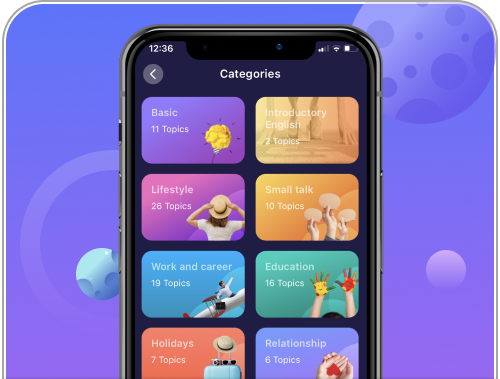
Provide Customer Service in Your Customers’ Language
Customer service is the link between a company and its customers. Customers’ interest in purchasing is generally correlated with the quality of service provided, thus businesses should put more eggs in the “customer service” basket if they want to thrive.
The global marketplace that we find ourselves in now offers exciting opportunities for both enterprises and customers. Businesses can reach out to an international market beyond their borders to reach a larger audience, while consumers can choose from a greater range of products and services.
Kiểm tra phát âm với bài tập sau:

Unfortunately, this means that businesses will have to accommodate and become accustomed to the various languages that clients use. Companies have been investing in multilingual support in recent years, with the majority of them offering English since it is a top business language option.
Here are some reasons why providing customer support in your customers’ native language (in this case, English) is advantageous to you
Increase Sales and Build Brand Loyalty
It’s easy to see why people prefer to buy from a company whose website and product information are available in English. Customers will be more interested in the products/services if they understand the information they are reading.
Consider how much money you’ll lose if you don’t use English in your everyday business when seeking to expand to, say, America.
After a bad experience with a recently purchased product/service, being able to speak with someone who speaks your language establishes a level of comfort and trust. Customers will progressively develop brand loyalty as they realize there will be someone who understands them and their needs, prompting repeat purchases from the company.
Expand Market Reach
It makes perfect sense to use English as a medium of communication between you and their customers, especially if you are aiming to expand into an English-majority market. You wouldn’t want to sell meat to a vegetarian, likewise, you wouldn’t want to sell your products in another language to an English-speaking customer.
You limit your customer base if you just provide customer service in one language. So, what’s preventing you from growing your consumer base by adopting English, a language that is becoming increasingly popular and crucial in the business world?
Avoid Miscommunication
When a customer has a problem with their experience with the company, they usually contact customer service. They are often in a state of confusion, regardless if they require clarification or want to convey disapproval.
When things don’t go your way in this frame of mind, it’s easy to become angry or frustrated, which leads to miscommunication. Hence, It is preferable to assist these customers in their native language in order to better communicate with them.
Customers will feel more at ease knowing that the person they are communicating with speaks their native language, giving them more room to vent and express their complaints (this is important in allowing customers to cool down). Furthermore, during the engagement, important information will not be lost in (online) translation.
Gain Competitive Advantage
Consider your encounters with two companies that both sold identical things of comparable value. For whatever reason, you had to call customer service. Company A provided employees who spoke your native language (English), allowing you to freely express your problems and receive responses that you fully comprehended. Company B, on the other hand, did not provide customer service in your language.
Which company would you go to in the future? Which company would you recommend to your peers? The answer is already obvious, so aim to be Company A. Stand out in the crowd.
Final Words
Customers and businesses benefit from excellent customer service in a variety of ways. Allow ELSA to assist you with your company’s global expansion efforts. With English’s growing popularity in business, ELSA provides organizations of all sizes with an effective corporate English training solution to help their staff improve their English-speaking skills.



